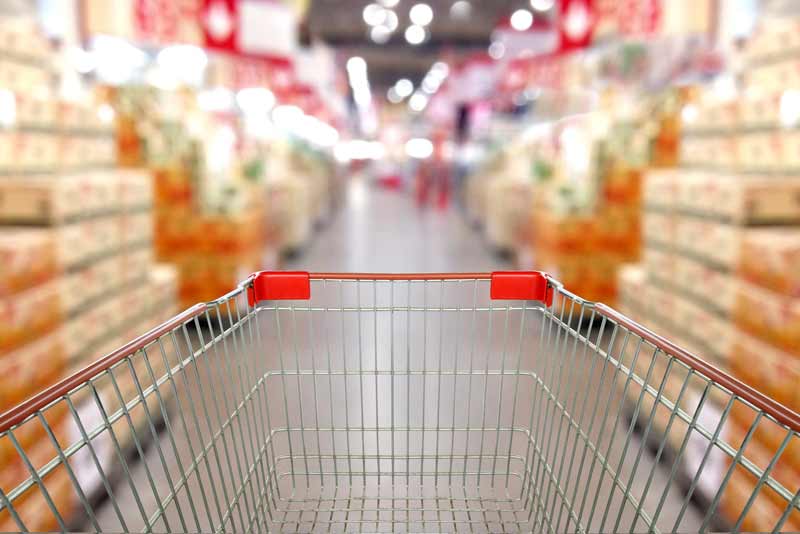12
September 2017
Brexit Could Cause Gaps on Retailer’s Shelves
The British Retail Consortium (BRC) have issued a warning to the government in a new report that Brexit could lead to shortages of certain types of food if problems surrounding new customs processes are not addressed.
The report, published on Wednesday, claimed that if measures are not put in place, the UK leaving the EU in March 2019 could result in delays and disruption in the supply chain of food as well as the rising cost of certain imported foods. Brexit campaigners have responded to this however and said that new technologies would mean there would be no need for hold ups at the border. Despite this, the retail body has said that the government needs to move quickly to avoid problems for British consumers.
The BRC has called for agreements to prevent products being slowed down at borders due to increased checks, as well as for greater investment in ports and transport infrastructure to make such sure that the country is ready for the UK leaving the single market.
Helen Dickinson, the BRC’s chief executive, said, "Whilst the government has acknowledged the need to avoid a cliff-edge after Brexit day, a customs union in itself won’t solve the problem of delays at ports,
"So to ensure supply chains are not disrupted and goods continue to reach the shelves, agreements on security, transit, haulage, drivers, VAT and other checks will be required to get systems ready for March 2019."
Currently three quarters of all food imported to the UK comes from countries in the EU. HMRC has said that if the UK were to leave the EU without a trade deal with Brussels, customs declarations would rise from 55m per year to around 255m per year. The BRC has added to these concerns of additional bureaucracy, saying that would also mean that declarations would be being filed by an extra 180,000 companies that hadn’t done it before. According to the BRC this is going to lead to delays of between 2 and 3 days at British ports.
The university of Sussex came to similar conclusions as the BRC in a report compiled in July and spoke of Brexit causes major issues in regard to price and availability of food and safety standards falling.
They weren’t the only body to be concerned with the issues at hand. The Institute for Fiscal Studies recently warned that as a result of a weaker pound and increased trade barriers many homes in the UK would fall victim to “considerable and unpredictable” changes in food prices.
Despite all this, Patrick Minford who is a Brexit campaigner at Economists for Free Trade rejected concerns raised. He said "Modern computerised customs procedures are something the EU must by international law put in place for the UK as a sovereign state with its own customs authority post-Brexit,
"It is also necessary for the UK government to make sure that HMRC has installed all the necessary computer and other systems to handle trade with the EU as a foreign customs authority.
"There is no need for any hold-ups at borders, provided both the EU and HMRC take these necessary actions, which they should be preparing already," he said.
Minford isn’t the only person to dismiss concerns over Brexit. Jamie Whyte, who is the director of research at the free trade think tank, sees it as an opportunity. He said: "If the UK leaves the customs union, barriers to the entry of imports are entirely a matter of domestic policy.
"This gives the government a huge opportunity to make importing as easy as possible, not only from the EU, but from the rest of the world.
"UK consumers will benefit enormously from the lower prices which would ensue," he added.





